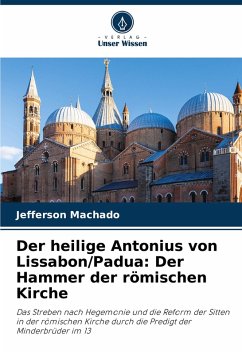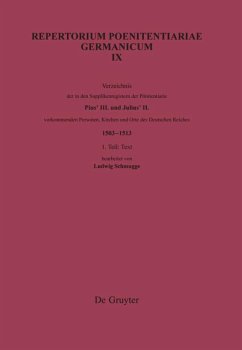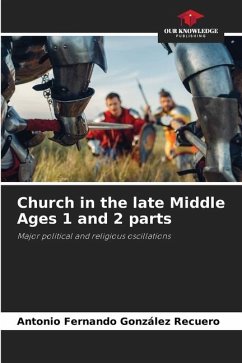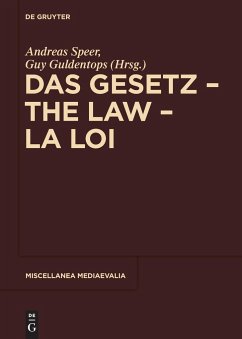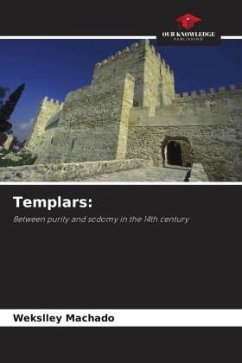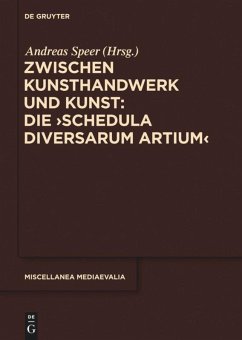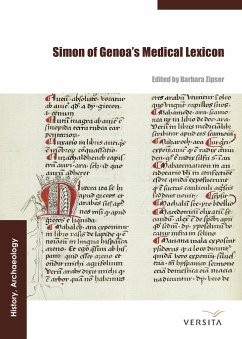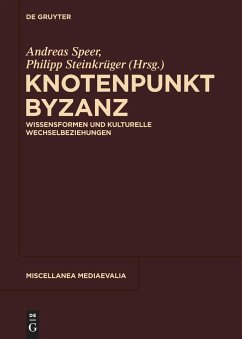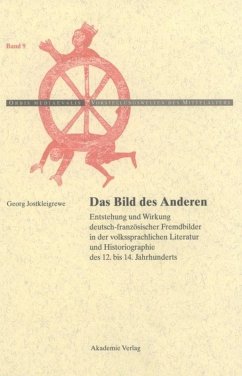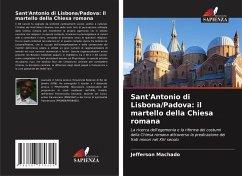
St. Anthony of Lisbon/Padua: The Hammer of the Roman Church
The search for hegemony and the reform of the Roman Church's customs through the preaching of the Friars Minor in the 13th century
Versandkostenfrei!
Versandfertig in 6-10 Tagen
43,99 €
inkl. MwSt.

PAYBACK Punkte
22 °P sammeln!
The 13th century was marked by profound social, political and cultural changes. The Order of Friars Minor became one of the strong arms used by the Roman Church to maintain its hegemony, both in the secular and religious environments. In this context, we find the promulgation of canons aimed at controlling the clergy, seeking to guide them in religious matters, among them those contained in Lateran IV. In this task, Friar Antonio de Lisboa/Pádua stood out. He was in charge of evangelizing and converting members of the Cathar heresy, and used a large number of representations of animals in his...
The 13th century was marked by profound social, political and cultural changes. The Order of Friars Minor became one of the strong arms used by the Roman Church to maintain its hegemony, both in the secular and religious environments. In this context, we find the promulgation of canons aimed at controlling the clergy, seeking to guide them in religious matters, among them those contained in Lateran IV. In this task, Friar Antonio de Lisboa/Pádua stood out. He was in charge of evangelizing and converting members of the Cathar heresy, and used a large number of representations of animals in his Sunday and Festive Sermons. These representations were in the Medieval Bestiaries that appeared in England between the 12th and 13th centuries, as compilations of earlier sources based on the Physiologus. In this paper, we discuss Antony's use of animal symbolism to combat heresy; clerical discipline; the dissemination of papal and Franciscan ideals and the pastoral care of the lay faithful.



